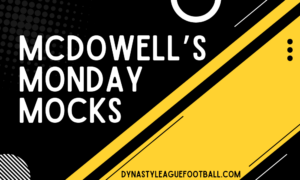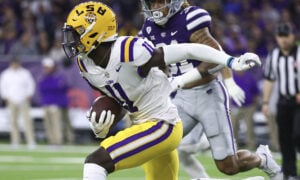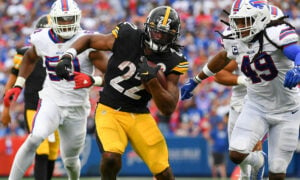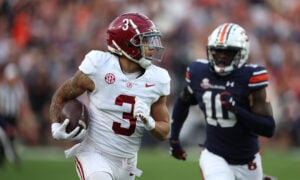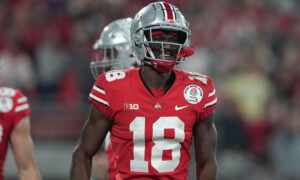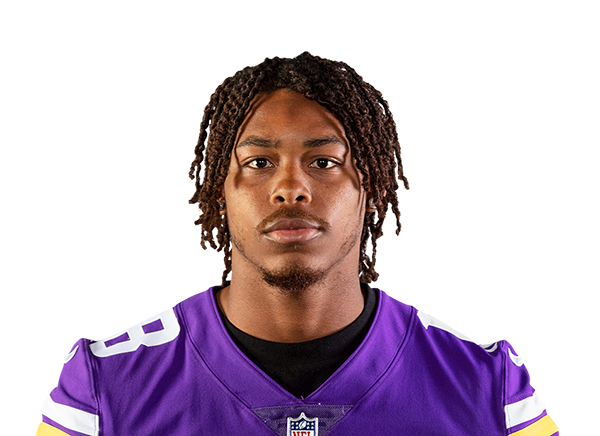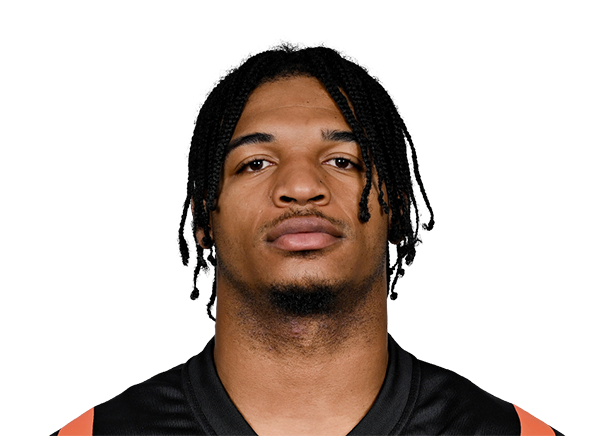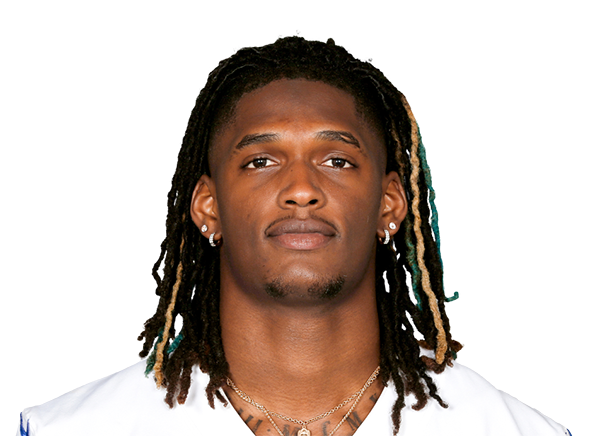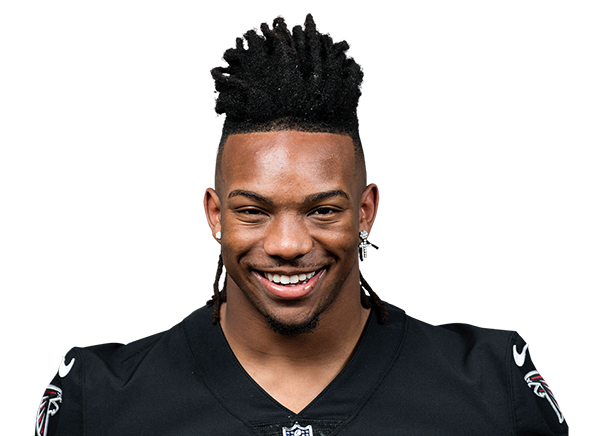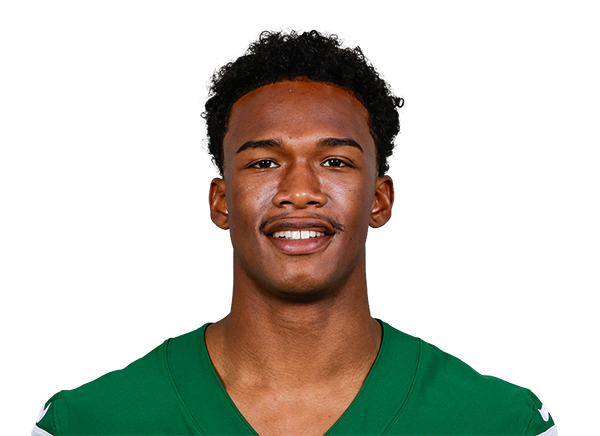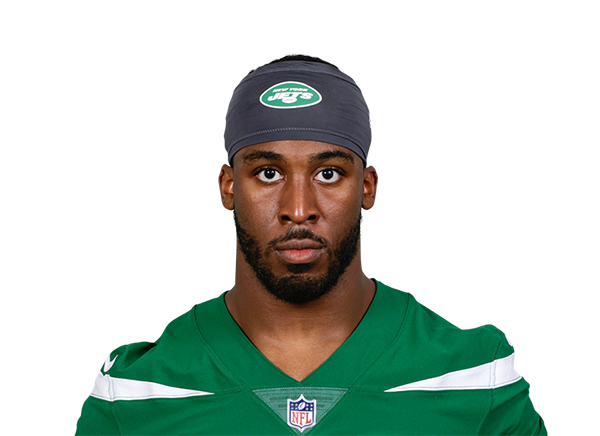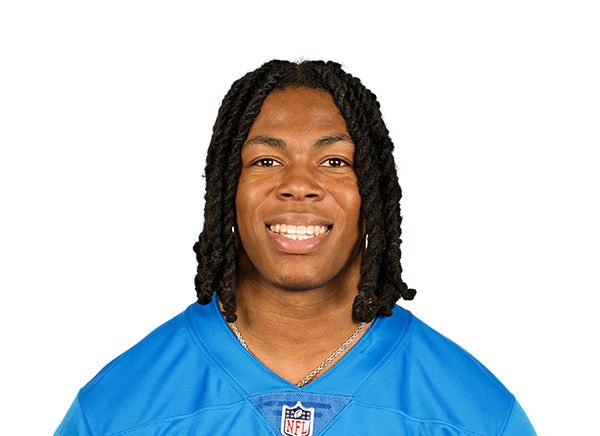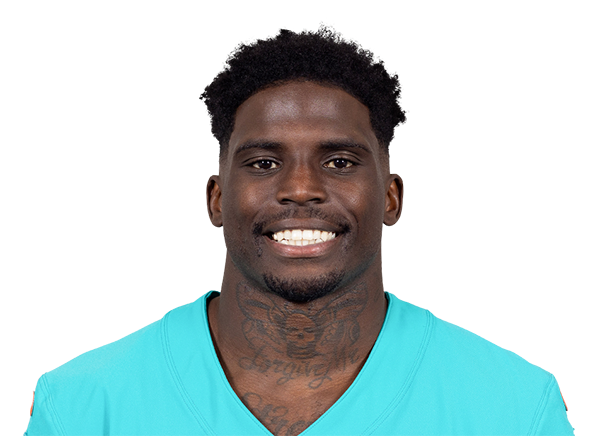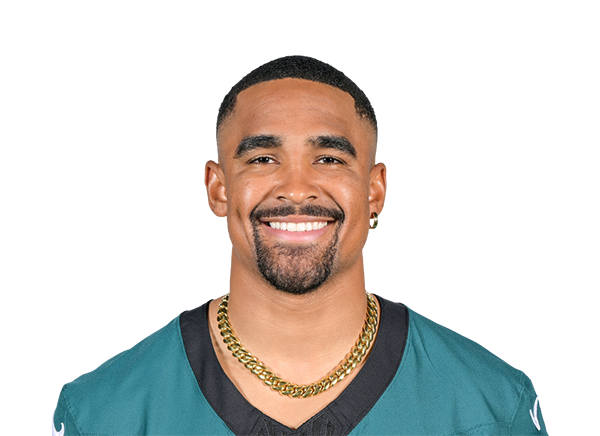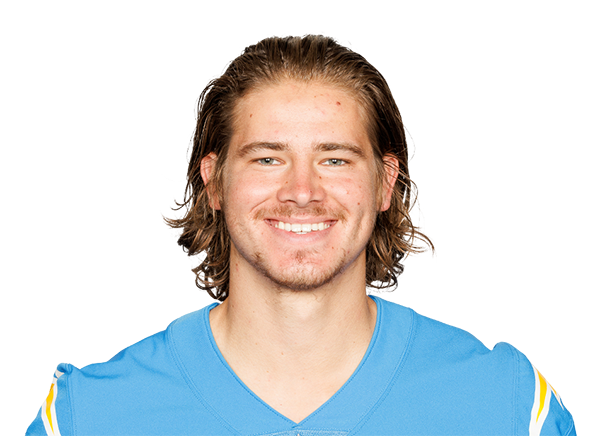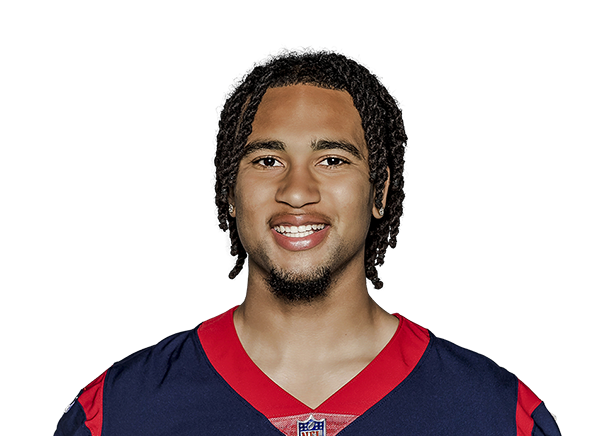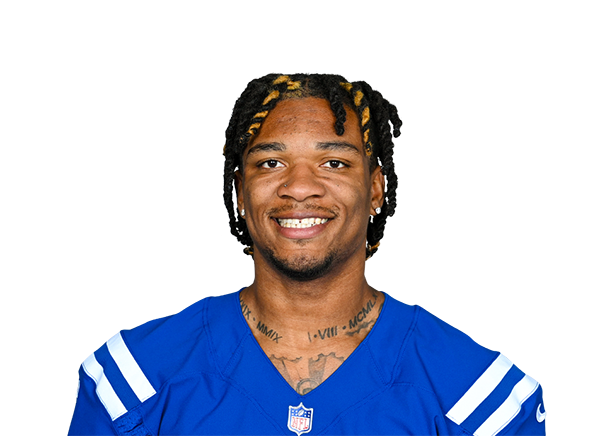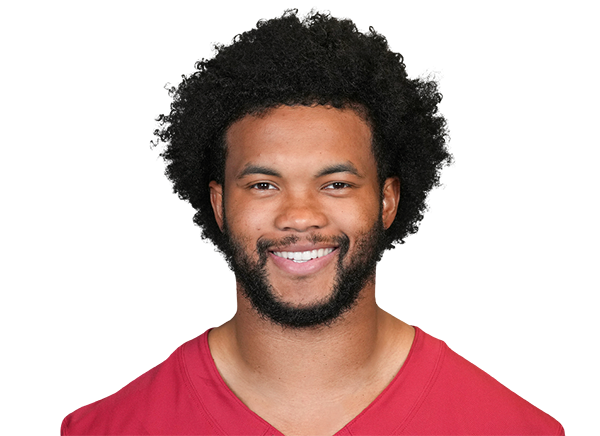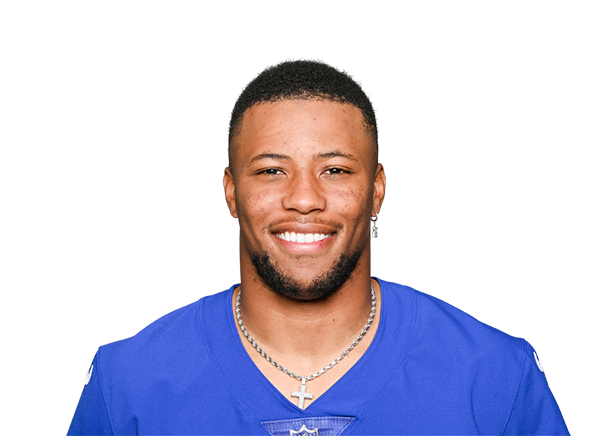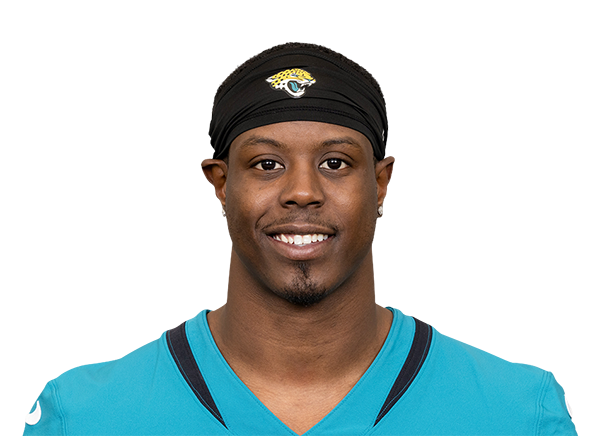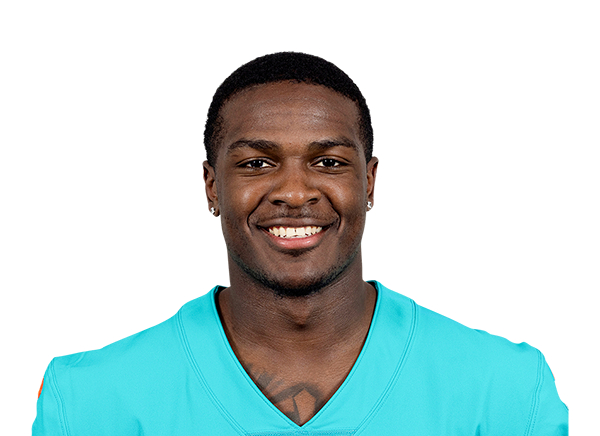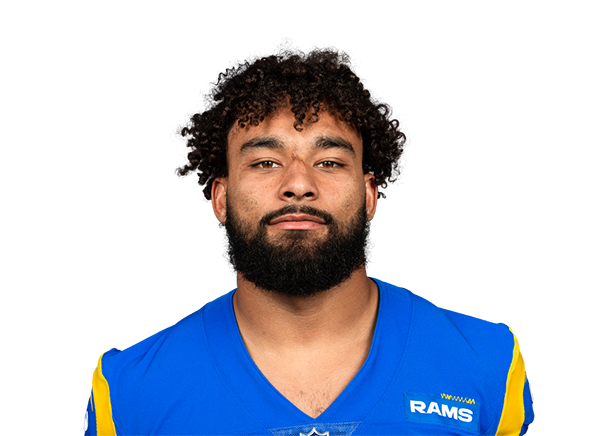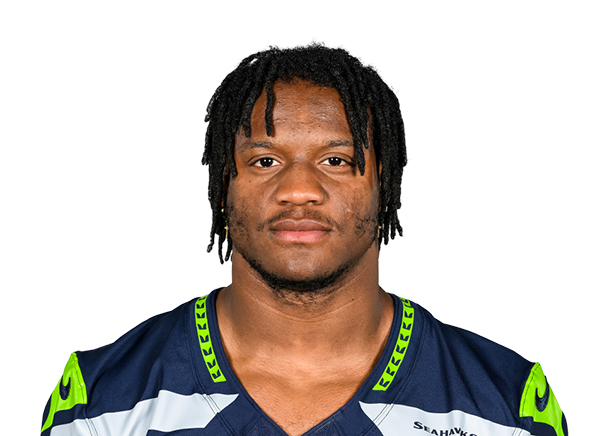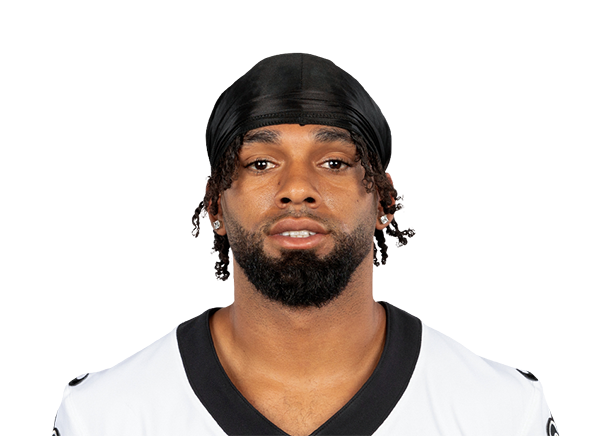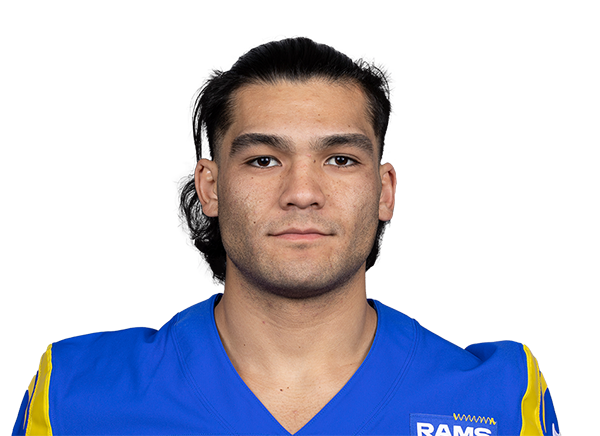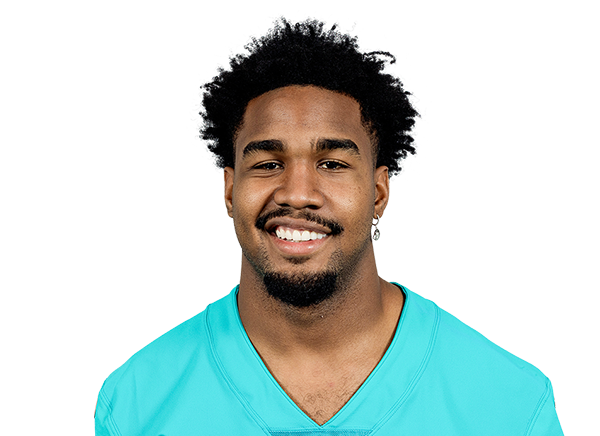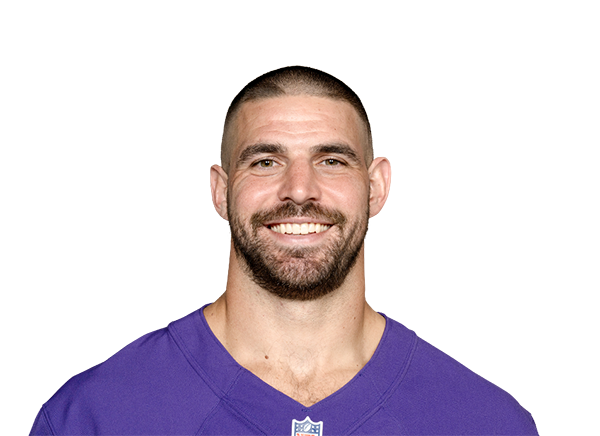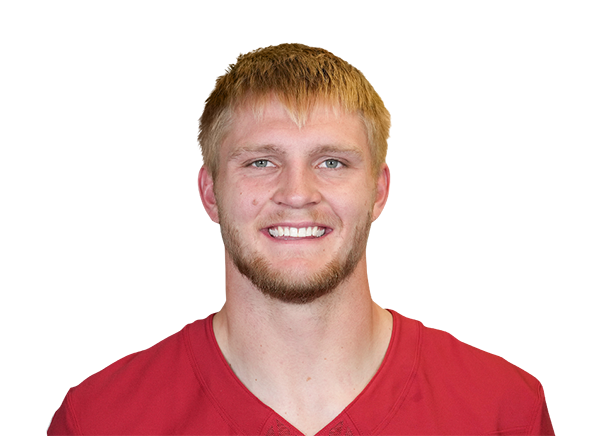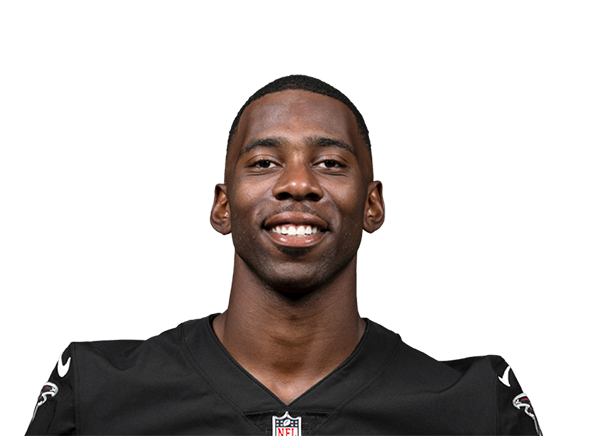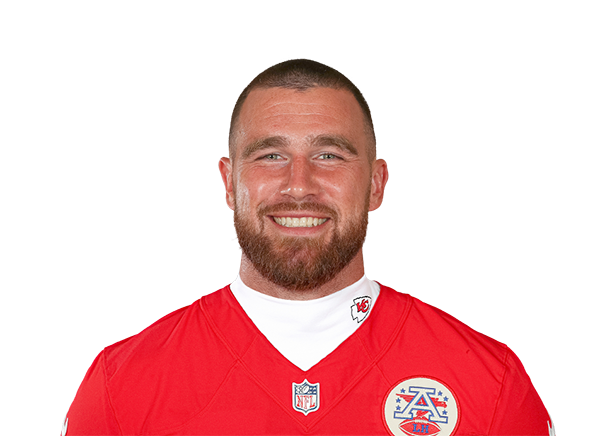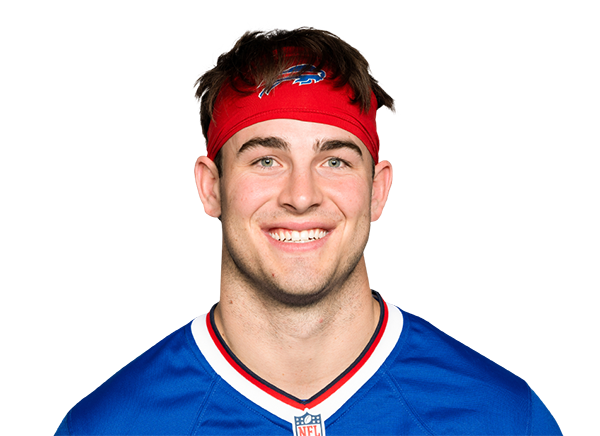Devy Stock Market: Devy Trade Breakdown
The fantasy football stock market is constantly fluctuating and it is always important for us to know which players have a price that has become exploitable whether it be to buy or sell. Pieces like this one have been fairly commonplace in the industry for a while in both redraft and dynasty, but I will be focusing on college players for devy dynasty leagues and how their week-to-week performances are affecting their price in those leagues.
In this week’s Devy Stock Market, I will be covering a huge Devy trade that occurred in one of my devy leagues, the well-known Kitchen Cinco, one of the Kitchen Sink Leagues. I asked a few questions of the two owners who made the trade and I will give my thoughts well.
[am4show have=’g1;’ guest_error=’sub_message’ user_error=’sub_message’ ]
The trade was Ezekiel Elliott, 2018 Rookie 1st, 2018 Rookie 2nd and $350 all-purpose (35% of annual budget) for LSU Running Back Derrius Guice, Clemson Wide Receiver Deon Cain, Florida Wide Receiver Antonio Callaway, Texas A&M Wide Receiver Christian Kirk and Oklahoma State Wide Receiver James Washington.
DLF Writer Dwayne Brown and dynasty devy enthusiast Grant Gurtin were the two who made the deal with Brown getting the haul of college prospects and Gurtin getting Ezekiel Elliott.
Question 1: Who initiated the trade talks?
Dwayne Brown: I did
I always find who initiated the trade talks for a big trade to be intriguing. In one way, the proposer is showing their hand by telling the other owner what they want, and traditionally, outside of offers accepted on the first try, the accepted offer won’t be as good as the original offer for the proposer. However, if you aren’t sending offers, you aren’t making the moves that you want to make your team better, and you probably aren’t getting offers very often. Specifically to this trade and devy leagues, when a trade involves a haul of college prospects versus a stud, it is usually the person offering the NFL player who initiates the conversation in an attempt to rebuild or get their team younger.
Question 2: How many counters did it take to make a deal?
Grant Gurtin: We got it on the fourth try.
Trades this big can often evolve from something smaller to something big rather quickly. Something as simple as “I want Guice” or “I’d need Zeke involved to get rid of Guice”, can turn your run of the mill one for one trade into a full blockbuster.
Question 3: How does this deal impact your playoff chances?
Dwayne Brown: I sent a producing running back that some would rate as the top back in the league for prospects that have yet to be drafted, so it definitely hurts.
Grant Gurtin: I’m not making it this season but this gives us a chance to contend next season
When I first saw this deal come through, I had assumed that it was done with intentions of raising Grant’s team up from a non-playoff team to a playoff team or a playoff team to a title contender, so it was interesting to note that he doesn’t think he is a playoff team with the deal (deal was made before the suspension reversal), so without those playoff aspirations, I’d imagine Grant was Elliott was suspended now and not next season. Dwayne recognizes the obvious that losing an RB1 is generally bad for a team’s playoff hopes.
Question 4: Did the fact that this is a contract league influence your decision?
Dwayne Brown: Absolutely, but it wasn’t a main driver or the decision. Ezekiel Elliott was given a max four year contract and was only a couple weeks into the first season.
Grant Gurtin: Absolutely. With my rookie cash and four devy spots next year there was concern about roster space and ability to assign only so many long term deals.
There are a variety of opinions about whether the studs and duds or depth strategies are more or less fruitful in contract leagues. For me, in the Kitchen Sink format, you only have the ability to keep two-four expiring contracts per season, which makes the studs more valuable. Contract leagues make it more difficult to build “super teams” due to the inability to keep all players year to year
Question 5: Did the fact that the league starts ten players that aren’t kickers or defenses influence your decision?
Dwayne Brown: Not really, but depth is always a necessity in order to maximize point availability.
Grant Gurtin: Not at all.
I think this may be the key factor for my opinion in this trade. The Kitchen Sink format has the deepest lineups of any of my leagues with ten non kickers or defenses. While the contract aspect helps the studs, the deep lineups decrease the importance of a stud and increases the importance of having depth. If two-three of these college players end up being startable weekly assets, they don’t even have to be top 12 at their position for this to be a win for college side.
Question 6: Does your side of the deal have the higher floor or the higher upside?
Dwayne Brown: Right now it certainly loses on both ends. The uncertainly on my side is massive.
Grant Gurtin: I think both when one factors in what the rookie cash could turn into. I’m sure Dwayne would say the same for his on ceiling though.
The interesting thing about this trade is, from a future value perspective, I think that the college haul holds the higher floor and ceiling, however, if you are looking directly at points scored, outside of another off the field incident for Elliott, it’s hard to argue against the high floor that Elliott presents as a top five NFL running back with one of the best young quarterbacks in the NFL.
Just to break down the trade from a player/pick perspective, I value Guice and Washington as early 2018 1sts in normal dynasty leagues, Cain at a mid-late 2018 1st, Kirk and Callaway as early-mid 2nds. With devaluation of rookie picks in Devy leagues, at best for the Elliott side, the picks cancel out Kirk and Callaway. That would make it 3 2018 1sts for Elliot, which is the going rate for most 1st round startup picks. If the NFL doesn’t value the college players the same way Devy owners do, this deal could sour quickly. If they do value them similarly, it could burn the Elliott side quickly. With different types of risks on both sides, this comes down to look like a pretty fair deal.
[/am4show]
- Dynasty Commish Calendar: August - August 5, 2023
- Dynasty Commish Calendar: June - June 9, 2023
- Dynasty Commish Calendar: May - May 3, 2023






